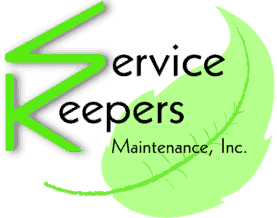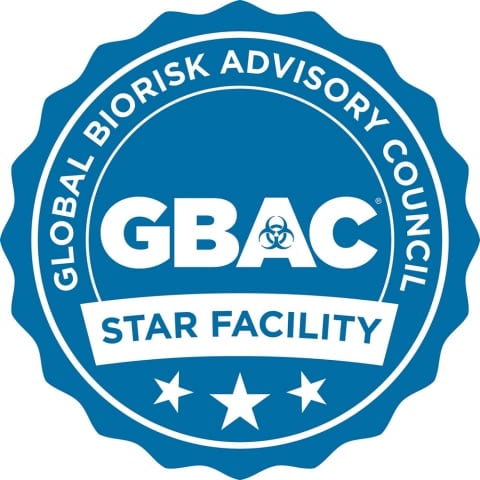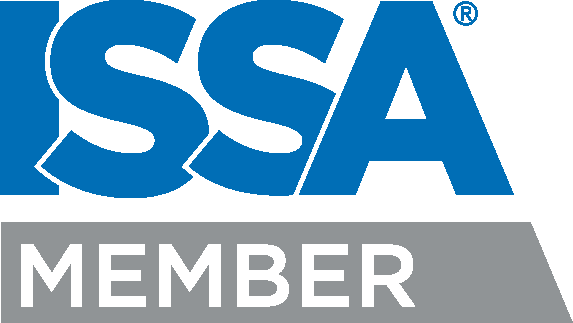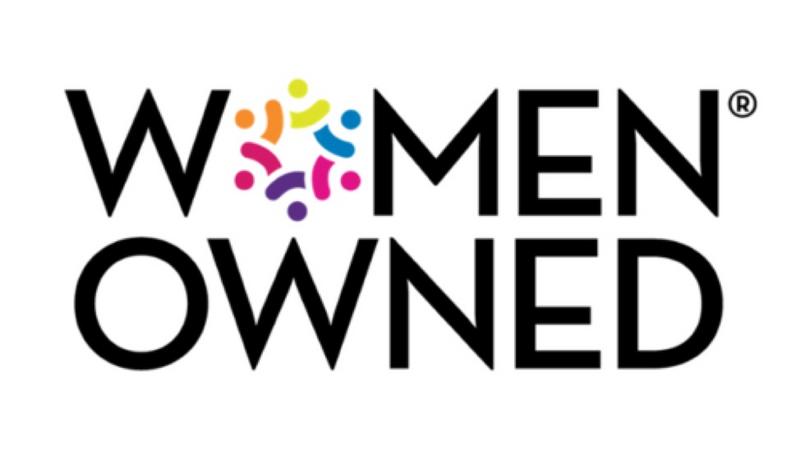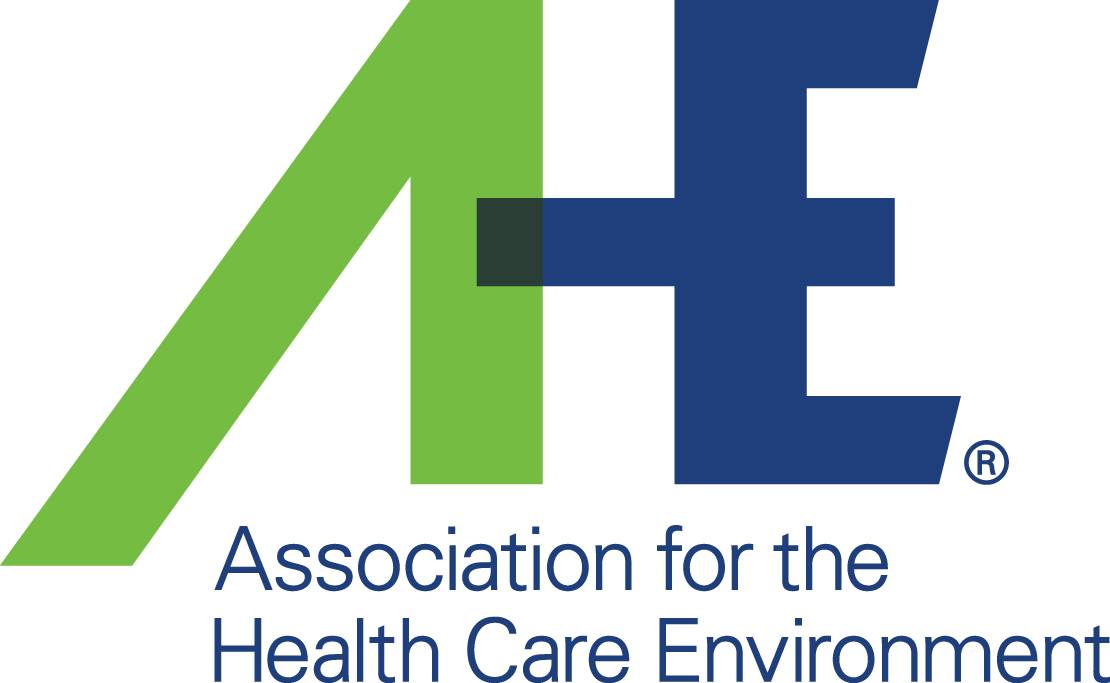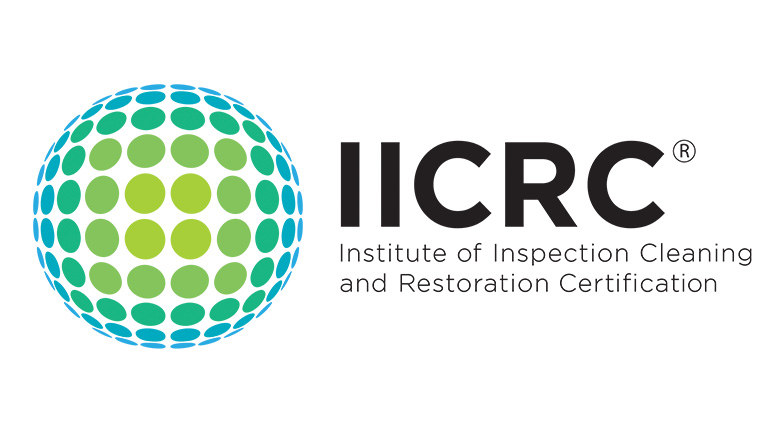How We Keep You Healthy Using Electrostatic Sprayers
Long before COVID-19, the healthcare industry has been concerned about the spread of infection. This is because, for decades, hospitals around the world have been grappling with nosocomial (healthcare-acquired) infections.
These are infections that someone acquires after visiting or staying in a healthcare facility. According to the Centers for Disease Control and Prevention (CDC), about 2 million people each year are infected with a healthcare-acquired infection in the U.S., resulting in more than 100,000 deaths. In addition to the loss of life, this costs the healthcare industry nearly $10 billion annually.
Complicating this situation is that the standard antibiotic treatments used to care for those with a nosocomial infection are starting to fail us. The germs and bacteria that cause these diseases are now becoming immune—termed “resistant”—to many antibiotics.
To prevent these infections, many healthcare facilities, along with schools, gyms, offices, restaurants, retailers, and other types of facilities, have been ramping up cleaning and disinfecting programs considerably. For instance, cleaning frequencies have been increased, and cleaning professionals are being taught state-of-the-art methods and procedures to clean and disinfect more effectively.
Further, to help in this endeavor, manufacturers in the professional cleaning industry have stepped up to the plate, introducing new tools and products that help improve cleaning and disinfecting performance.
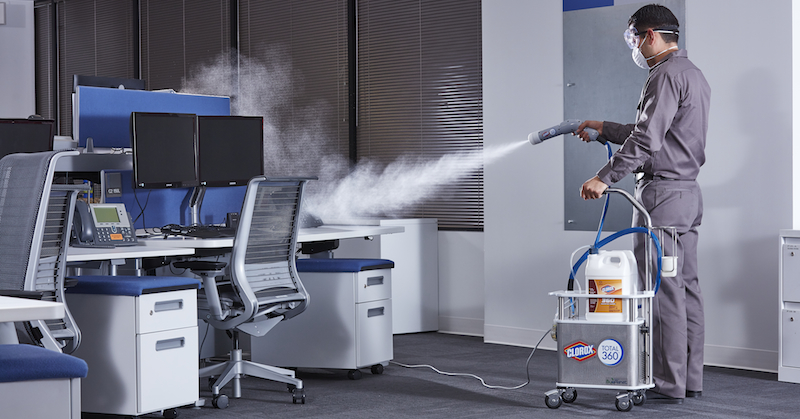
One of these tools, which Service Keepers has been using for several years, are electrostatic sprayers.
As we have discussed in previous blog postings, these systems are designed to eliminate not only harmful pathogens, but also mold, mildew, and other microbes. As the system is used, it provides complete disinfection of surfaces. It does this by wrapping around surfaces, making it highly effective at disinfecting hard-to-reach areas in a facility.
In a medical setting, electrostatic sprayers could potentially prevent millions of people from contracting a nosocomial infection, prevent thousands of deaths, and save the healthcare industry billions of dollars.
But how about addressing the most serious pandemic the world has seen in more than 100 years? Can this system help us deal with coronavirus disease, which has killed more than 230,000 people in the U.S. as of this writing?
The answer is yes. Electrostatic Sprayers Can Help
Electrostatic sprayers have great potential here as well, especially when used with N-List disinfectants. Initially, the Centers for Disease Control and Prevention (CDC) stated that COVID-19 is most commonly spread by inhalation—we inhale the pathogens that cause the disease from being in close contact with someone already infected.
However, the agency now adds that “it may be possible that a person can get COVID-19 by touching a surface or object that has the virus on it and then touching their mouth, nose, or possibly their eyes.” This is how many diseases, including viruses, are spread.
Please read more about how COVID spreads here, on the CDC website.
Along with saving lives and reducing the number of people becoming sick with the coronavirus, electrostatic sprayers have other benefits.
For instance:
• They effectively disinfect large areas at one time. This reduces cleaning times, which helps reduce cleaning costs—savings we pass on to our customers.
• Disinfectants are used more effectively. There is often less waste, which not only is a cost-saving, but also can help minimize cleaning’s impact on the environment.
• They can be used on most surfaces, from walls and floors to desks, counters, and even pictures on a wall.
Until a vaccine is widely available, building owners and managers must take advantage of every tool at their disposal to help stop the spread of this virus. Fortunately, there are tools available now and more are in the pipeline.
Make sure your cleaning contractor is aware of these and is using them to protect the health of your building users.
If you would like to learn more, please get in touch today. We’re Service Keepers and we’re here for you.

